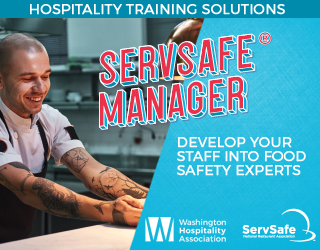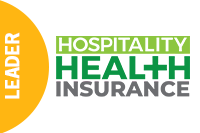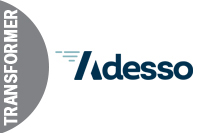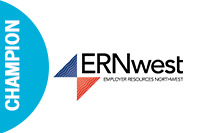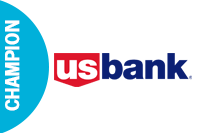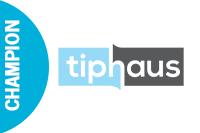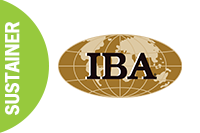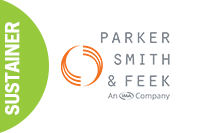Sales of Prepared Food
Washington law exempts most grocery type food from retail sales tax. However, the law does not exempt “prepared food,” “soft drinks,” or “dietary supplements.” Businesses that sell these “foods” must collect sales tax. In addition, all alcoholic items are subject to retail sales tax.
What is a Prepared Food?
Most food that restaurants sell falls within the definition of prepared food or soft drinks and therefore is taxable. Prepared food is defined by law as any food where the seller:
- Combines two or more food ingredients and sells it as a single item (see certain exclusions below);
- Sells the food in a heated state or heats the food; or
- Sells the food with eating utensils such as a plate, fork, knife, spoon or glass/cup straw.
- Note: Utensils do not include containers and packaging used for transporting food.
Which Beverages are “Soft Drinks?”
For this document, “soft drinks” are any ready to drink non-alcoholic beverages containing natural or artificial sweeteners, except ‘soft drinks” do not include beverages that contain milk, milk products, soy, rice or similar milk substitutes, or that contain more than 50 percent fruit or vegetable juice by volume.
Can Restaurants Segregate Their Sales and Not Charge Sales Tax on Food Items?
Generally, restaurants whose sales of prepared food are greater than 75 percent of their total sales; cannot segregate their sales and not charge sales tax on food and food ingredients. As of Jan. 2008, retailers that primarily sell (more than 75 percent of their sales of food items) prepared food must collect retail sales tax on all sales of food and food ingredients, except food items sold as four or more servings. Food items of four servings or more of food or food ingredients packaged for sale as a single item and sold for a single price remain exempt from retail sales tax, unless the seller provides utensils.
Which Food or Beverages Sold by a Restaurant are Exempt from Sales Tax?
Establishments that do not primarily sell prepared foods may sell the following food and beverages tax exempt, unless sold with a utensil (plate, cup, bowl, fork, etc.).
- Bakery items
- Combined Foods-Two or more food or food ingredients combined by the seller if the food is:
- Only cut, repackaged or pasteurized by the seller
- Sold in an unheated state by weight or volume as a single item, such as potato salad sold by the ounce
- Raw meat, eggs, fish, poultry or an item containing these raw foods and that requires cooking as recommended by FDA
- Ready to drink sealed beverages that contain milk or a milk product or similar milk substitute
- Ready to drink sealed beverages containing more than 50 percent fruit or vegetable juice by volume
More Tax Exemptions
- Sales to certain foreign diplomats/officials: The buyer must present a Diplomatic Tax Exemption Card at the time of purchase. A colored stripe on the card identifies the level of exemption the card- holder is authorized to receive. A description of the cardholder’s level of entitlement to tax exemption privileges is also presented on both the front and back sides of the card. Sellers can verify the validity of such cards athttps://ofmapps.state.gov/tecv/.
- Sales of prepared food to nonprofit organizations that resell the food as part of a fundraising activity: the nonprofit organization must provide a copy of their reseller permit to the restaurant. The sale is subject to B&O tax under the wholesaling classification.
- Bad debts or dishonored checks: The net amount (before tax) of a dishonored check is deductible to the extent it was taken as payment for goods or services and was included in amounts previously reported. Deduction is allowed at the time the debt is charged off the books of account. Please note that any amount subsequently recovered reduce the amount claimed as a deduction.
References: RCW 82.08.0293, WAC 458-20-119, WAC 458-20-196, WAC 458-20-124, WAC 458-20-107, WAC 458-20-110, WAC 458-20-102, WAC 458-20-244
Rev. 1/2/18
This article is an excerpt from the Handbook for Excellent Restaurant Operations (HERO), published by the Washington Hospitality Association. Want a hard copy of the whole manual? It’s one of the many benefits of becoming a member! Find out more about joining the Washington Hospitality Association here.



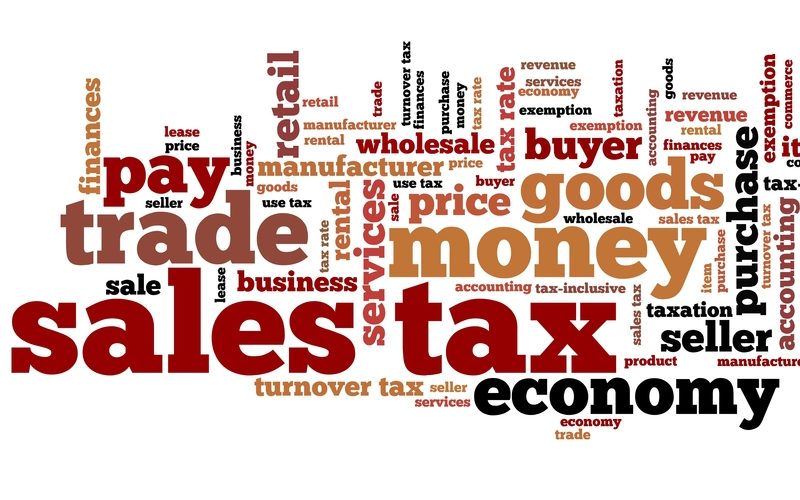
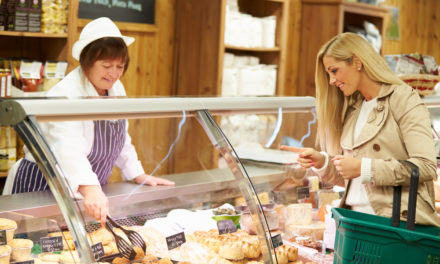
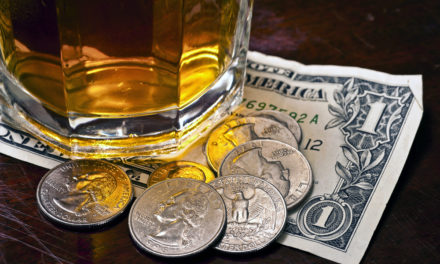
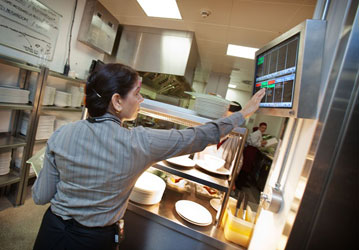
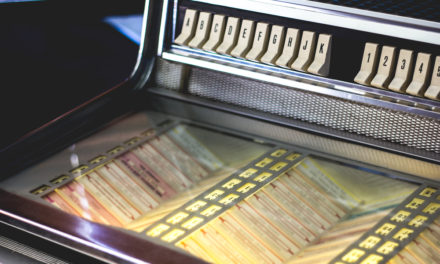

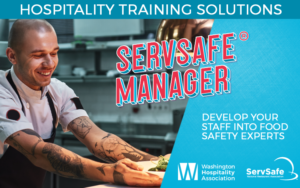






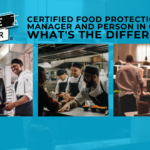
![[Class, May 20] ServSafe Manager, Kent](https://wahospitality.org/wp-content/uploads/2018/07/CALEND1-150x150.png)

